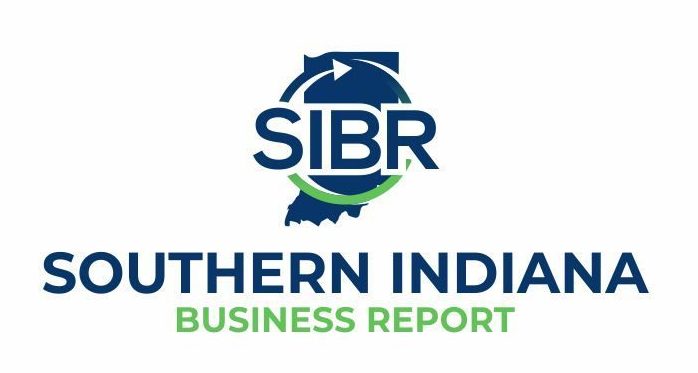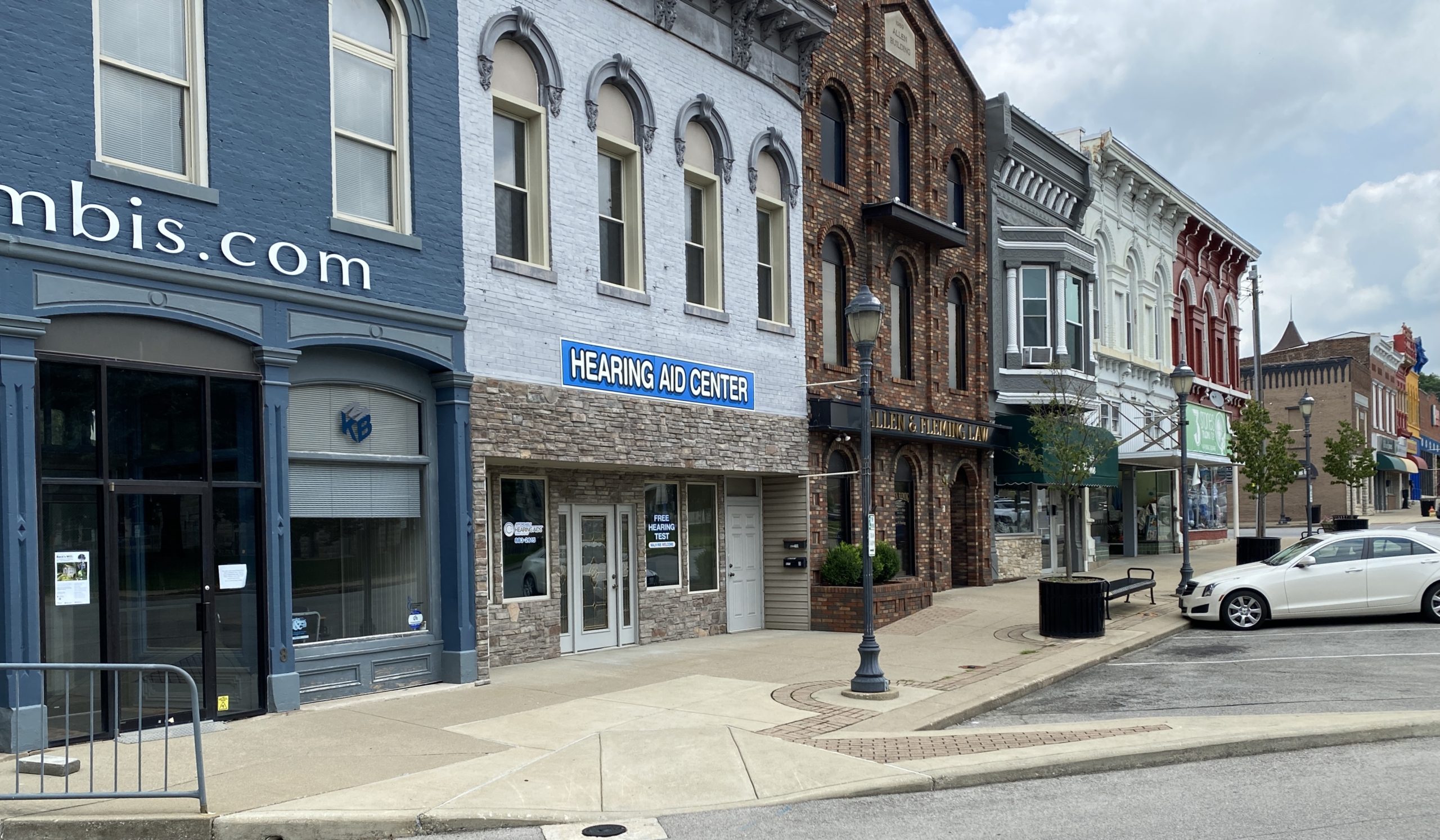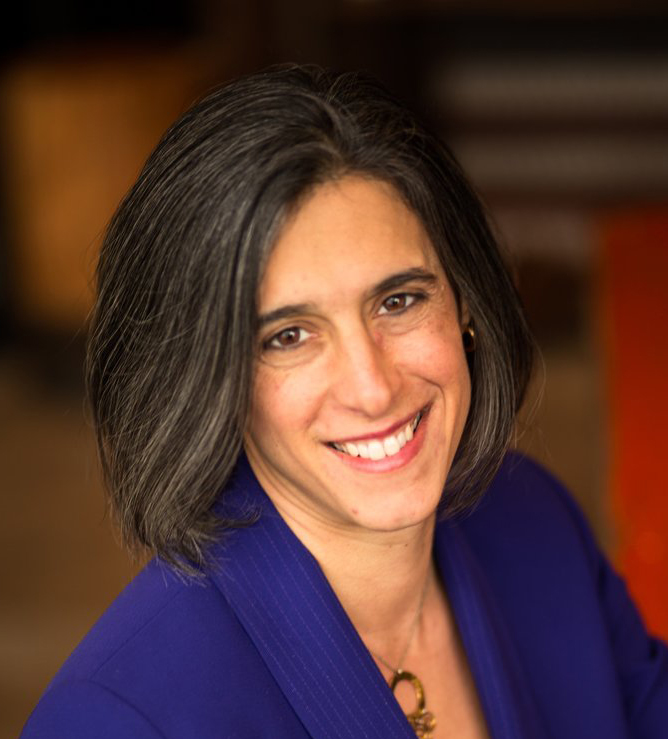By Miles Flynn | Southern Indiana Business Report
BEDFORD — The talent and the resources are all there, according to Alana Preuss of the Recast Cities program; now all that remains is to bring the pieces together.
Preuss is working with funding from Bedford-based regional economic development group Radius Indiana and the Indiana Small Business Development Center to connect five local communities with the tools they need to revitalize their downtowns through her Recast Cities program. The Indiana SBDC funding is made possible by the Small Business Administration and comes from the Coronavirus Aid, Relief and Economic Security Act.
“It’s all about communities pulling themselves up by their bootstraps,” said Keely Stingel, vice president of talent attraction and retention for Radius.
Choosing the communities
Orleans, Odon, Washington, Salem and Loogootee are taking part in this cohort. Stingel explained they were chosen based on several factors, including recommendations from the local economic development organizations in each of the eight counties in the Radius region, whether the communities have historic downtown areas, and the communities’ enthusiasm and ability to take on a new project. She noted, however, that any community that was willing to make the commitment was accommodated.
The goal is to have a new business operating in each community by the end of the 12 months.
Working through the process
The program began locally March 16 and is now progressing through online meetings with local leaders to identify assets, including the key people needed and available resources, to create a successful small-scale manufacturer downtown. Preuss explained all of these components are usually hiding in plain sight.
“We’re really looking for businesses that define the downtown,” Preuss explained. Some of the examples she gave are firms that grind coffee, turn out hot sauce, brew beer, or craft handbags. In Orleans, Stingel said, a business that makes wax melts is being explored.
The businesses could potentially be operating now in someone’s garage and, with help, be ready to spring into a storefront. In other cases, the program could find someone with an idea for a winning business and assist in bringing it to fruition.
The second six months of the program will be dedicated to developing action plans to lay the groundwork for each business’ successful startup.
Over the long term, the aim is for the new business to stimulate foot traffic by giving more people a reason to be downtown, thereby spurring further development opportunities.
Local communities enthused
Stingel said the implementation phase promised through the program is something that sets Recast Cities apart from some other undertakings local communities may have tried to do in the past. She said having that tangible end product is something that made the participating communities willing to make the investment in time that’s necessary for the program to succeed.
Noel Harty, mayor of Loogootee, agreed that communities often just don’t know what they’re actually going to get out of revitalization efforts. “I think we’ve already gained a lot,” he said.
Harty explained the sense of community fostered through the first few meetings is putting the town well ahead of where it was just a few weeks ago.
Randy Clark, town council president in Orleans, echoed those sentiments and said he’s eager to see what comes out of the program. “The Town of Orleans has a beautiful town square with several buildings that are empty, and with the Recast program’s leadership, we hope to find a suitable match with a potential small manufacturing client,” he said. “We look forward to seeing the opportunities and growth Recast Cities brings to the community.”
Preuss and Stingel said the buy-in from community champions has been wonderful and is exactly what it will take to make the program successful here.
“The enthusiasm has just been amazing,” Preuss said. “… They believe in their communities so much.”
The strengths of small communities
Since its launch in 2014, the Recast Cities program has had success working with communities from coast to coast, including Indianapolis; Cincinnati, Ohio; Knoxville, Tennessee; Fairfax, Virginia; Greensboro, North Carolina; and Fremont, California.
Smaller communities like those in the local cohort come with their own unique challenges, Preuss said, but she also sees many advantages here. Everyone knows everyone, she explained, and these smaller core groups have the potential to move much more quickly than their counterparts in metropolitan areas.
Looking to the future
While Recast Cities promises a deliverable in a year, Stingel and Preuss pointed out the program definitely doesn’t end there. In reality, the powerful networks and know-how developed through Recast Cities will remain with the communities and allow those teams to tackle bigger and bigger future projects on their own.





